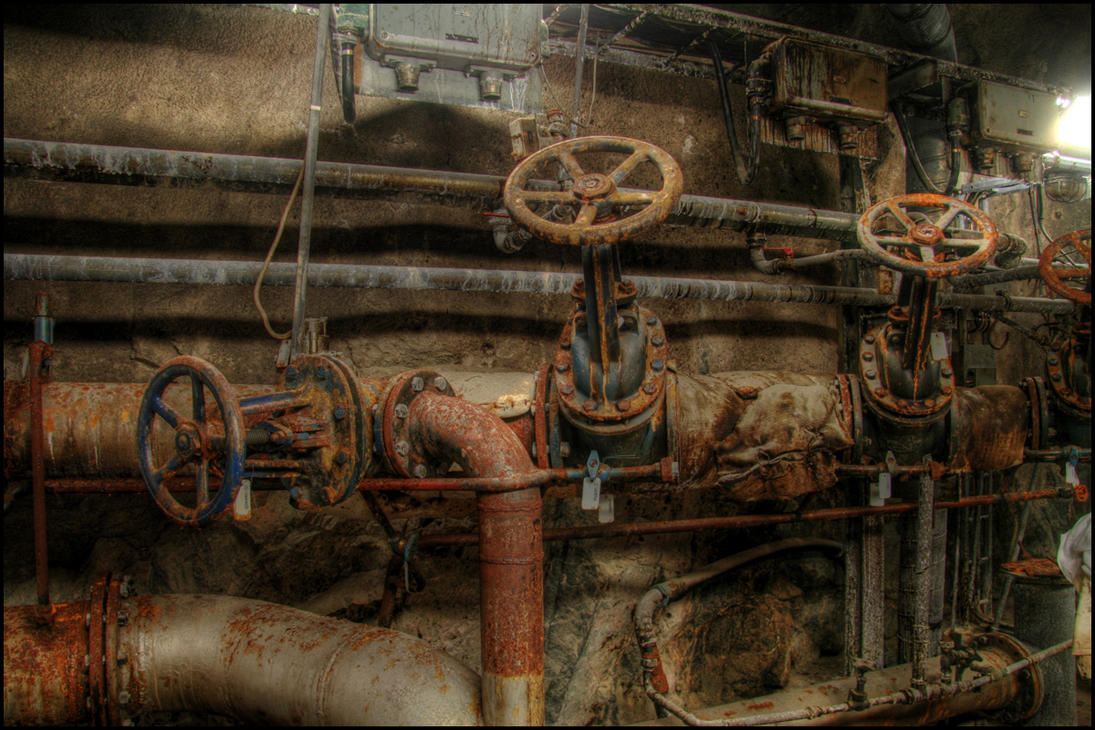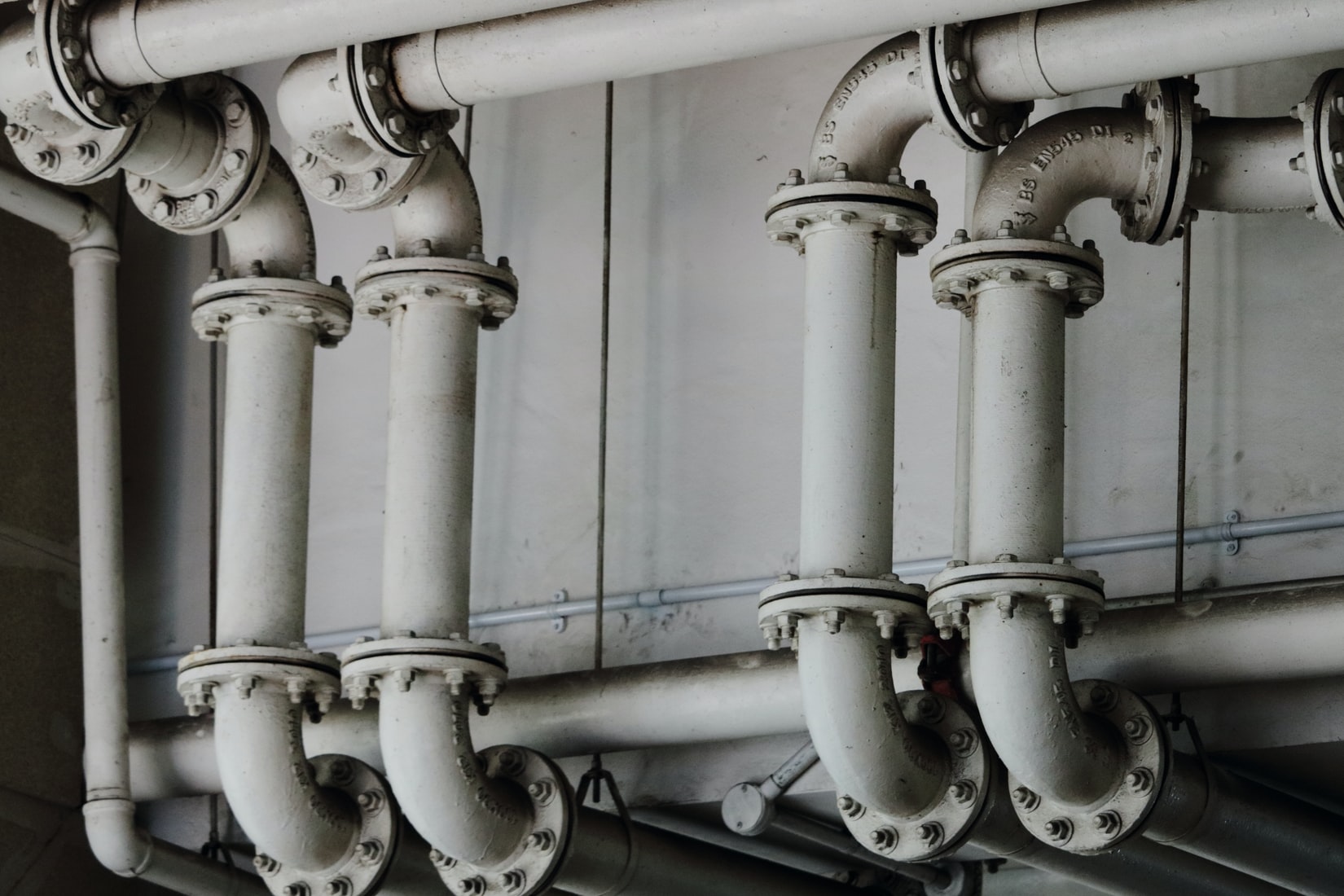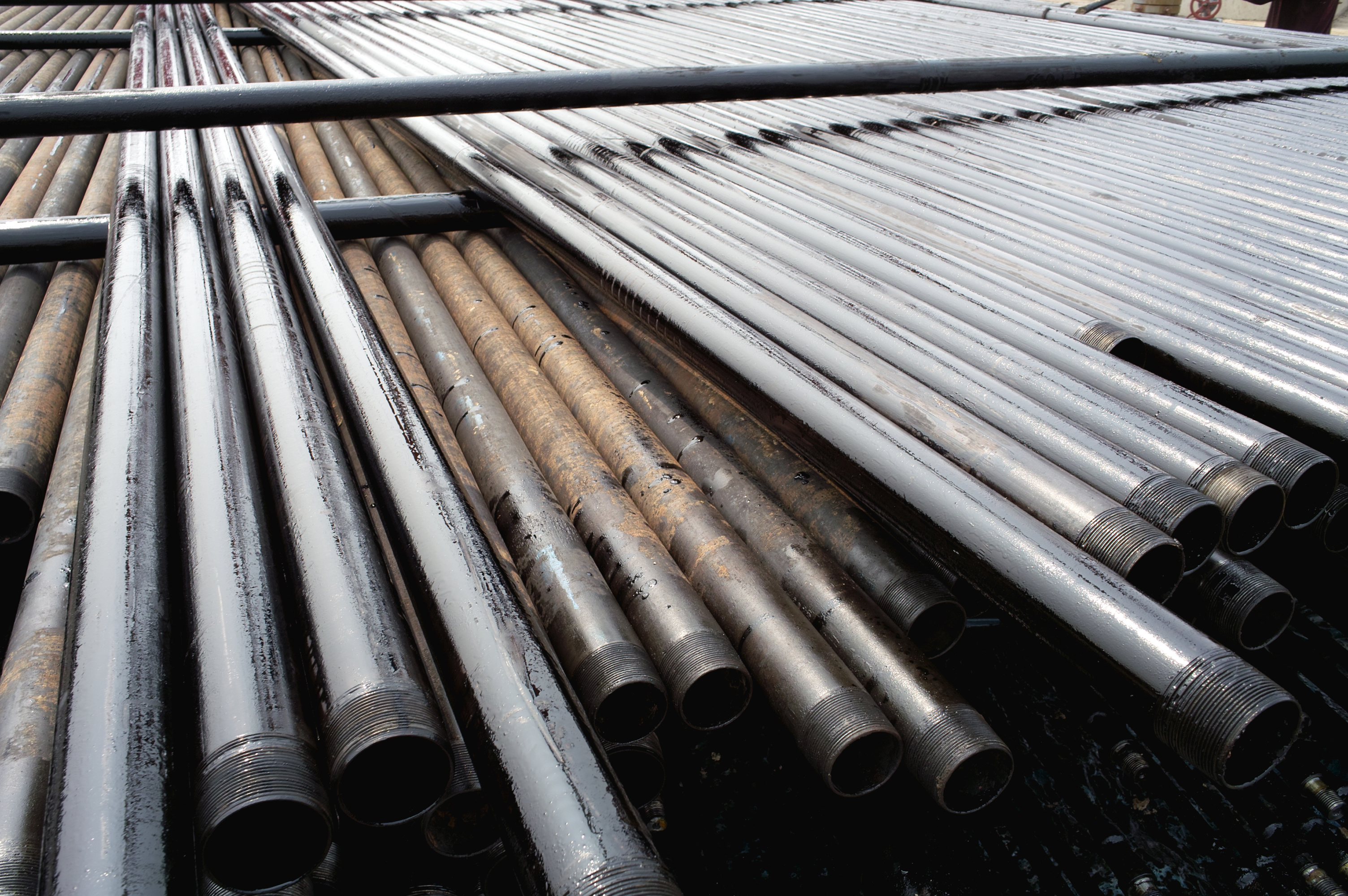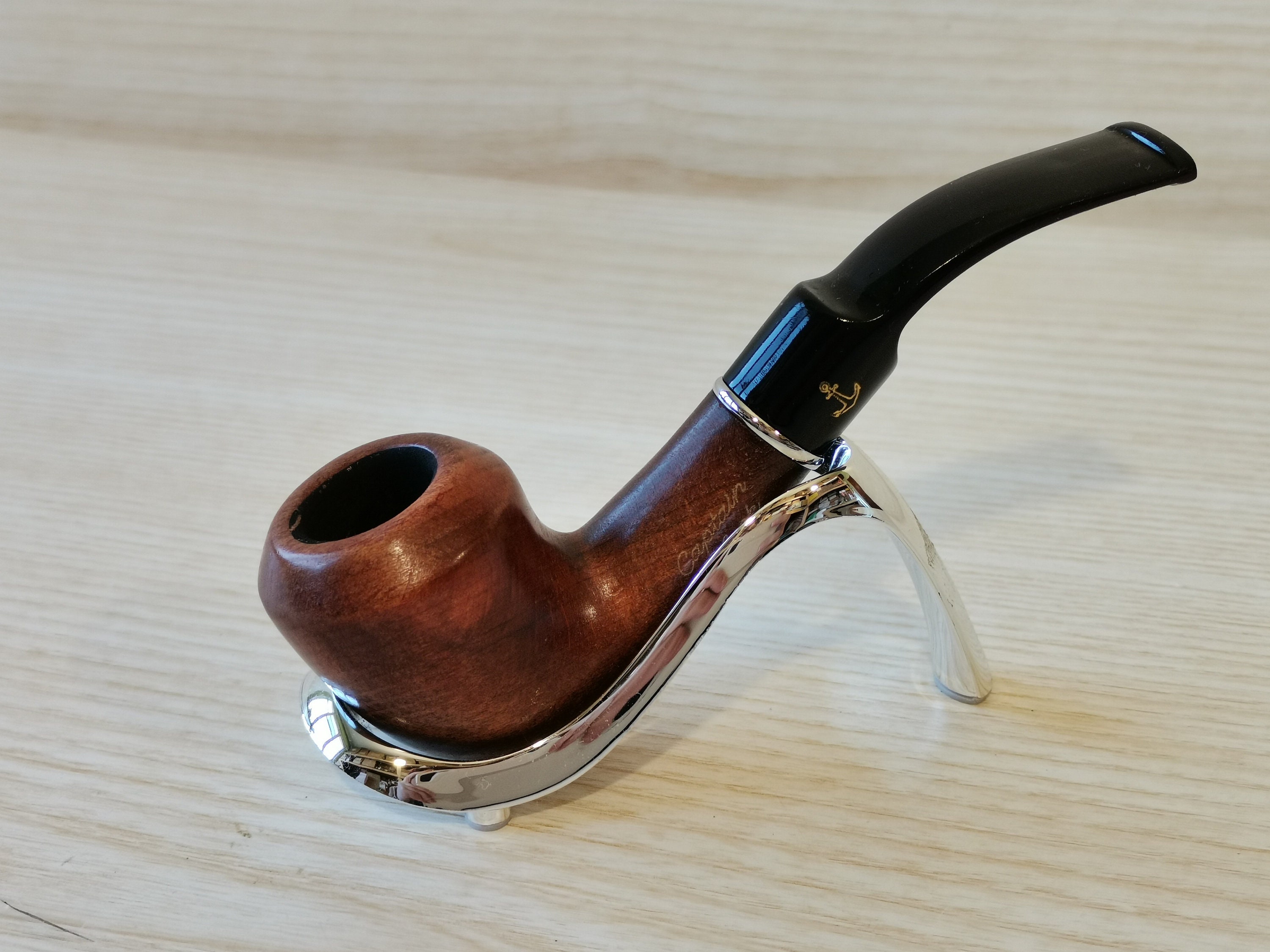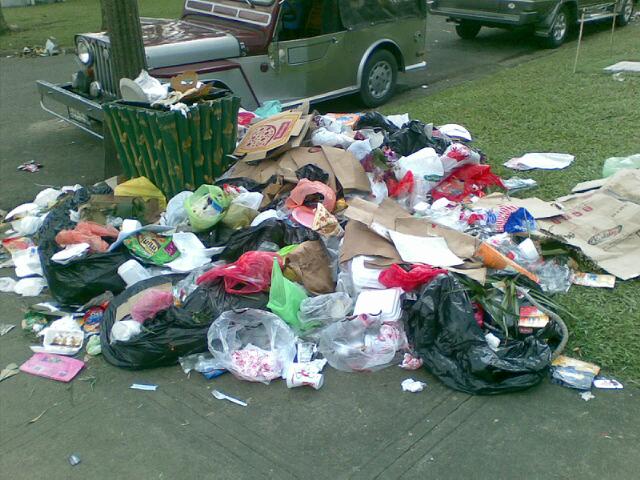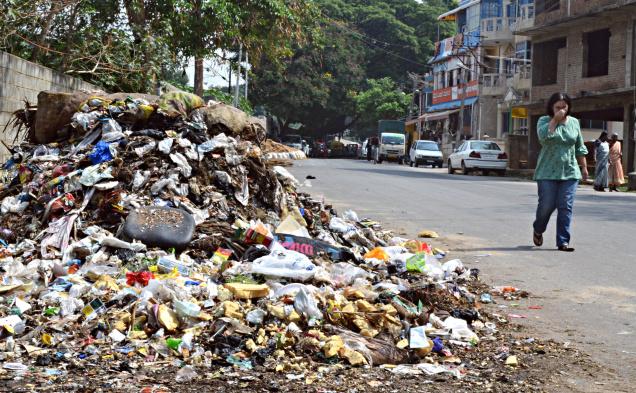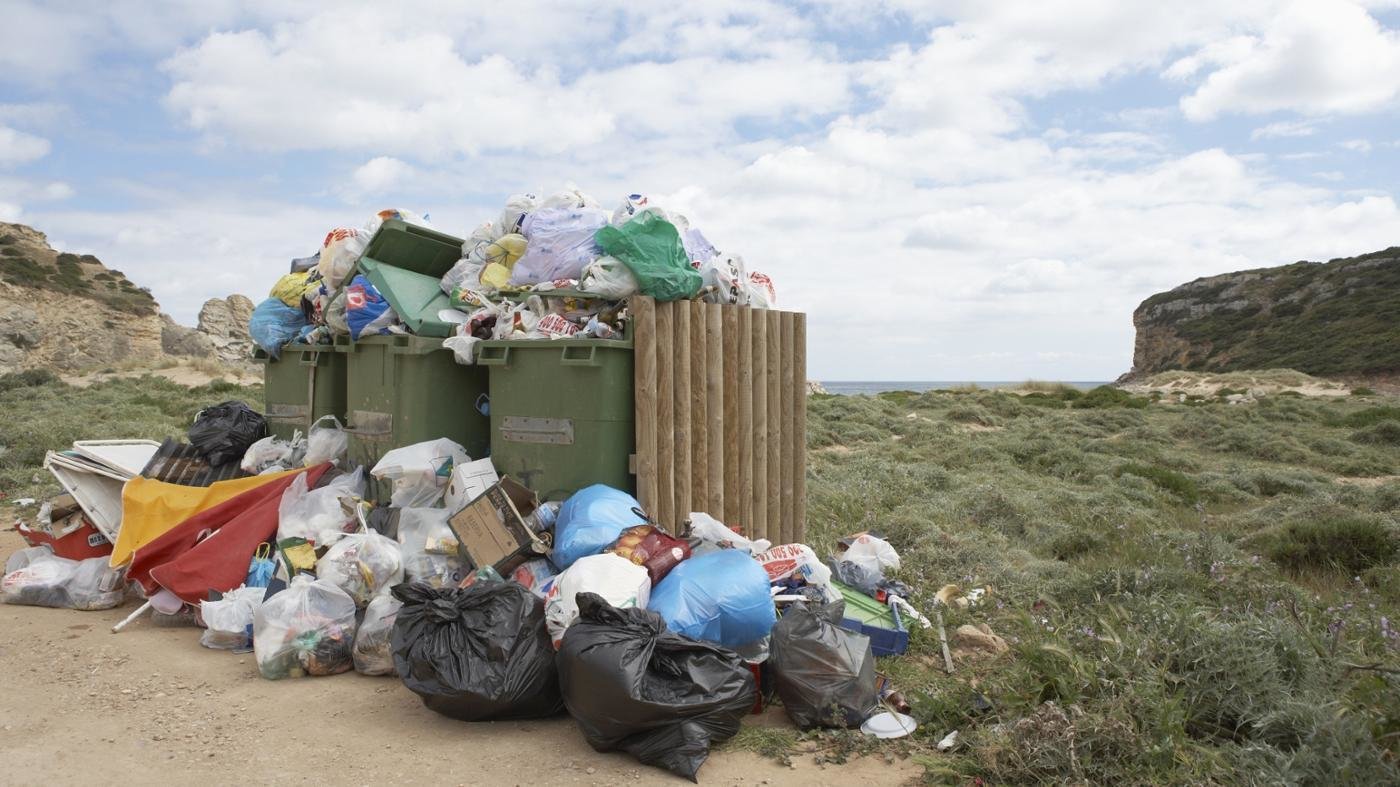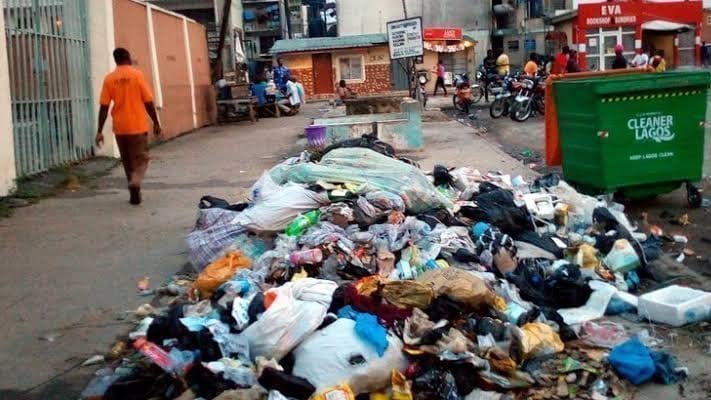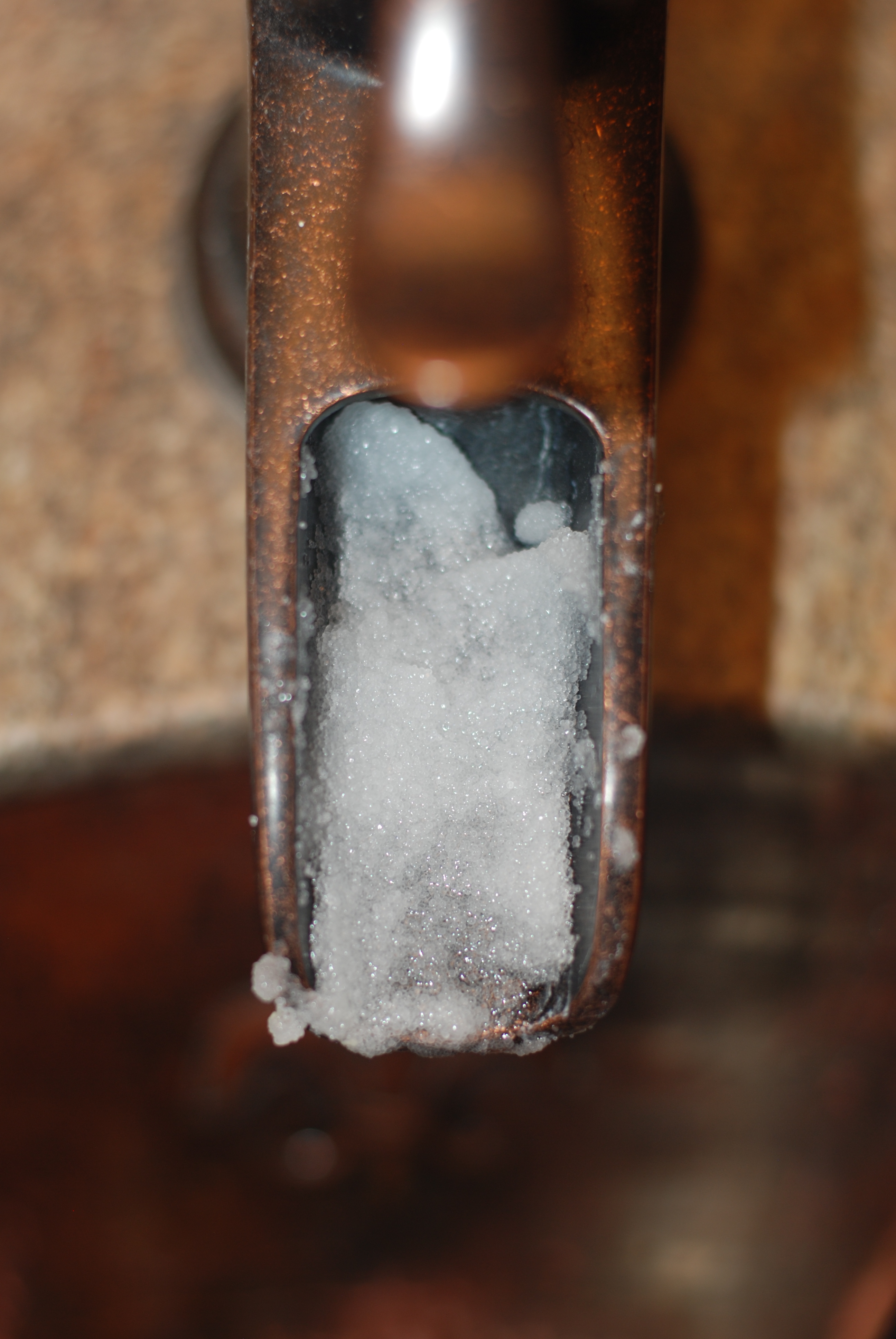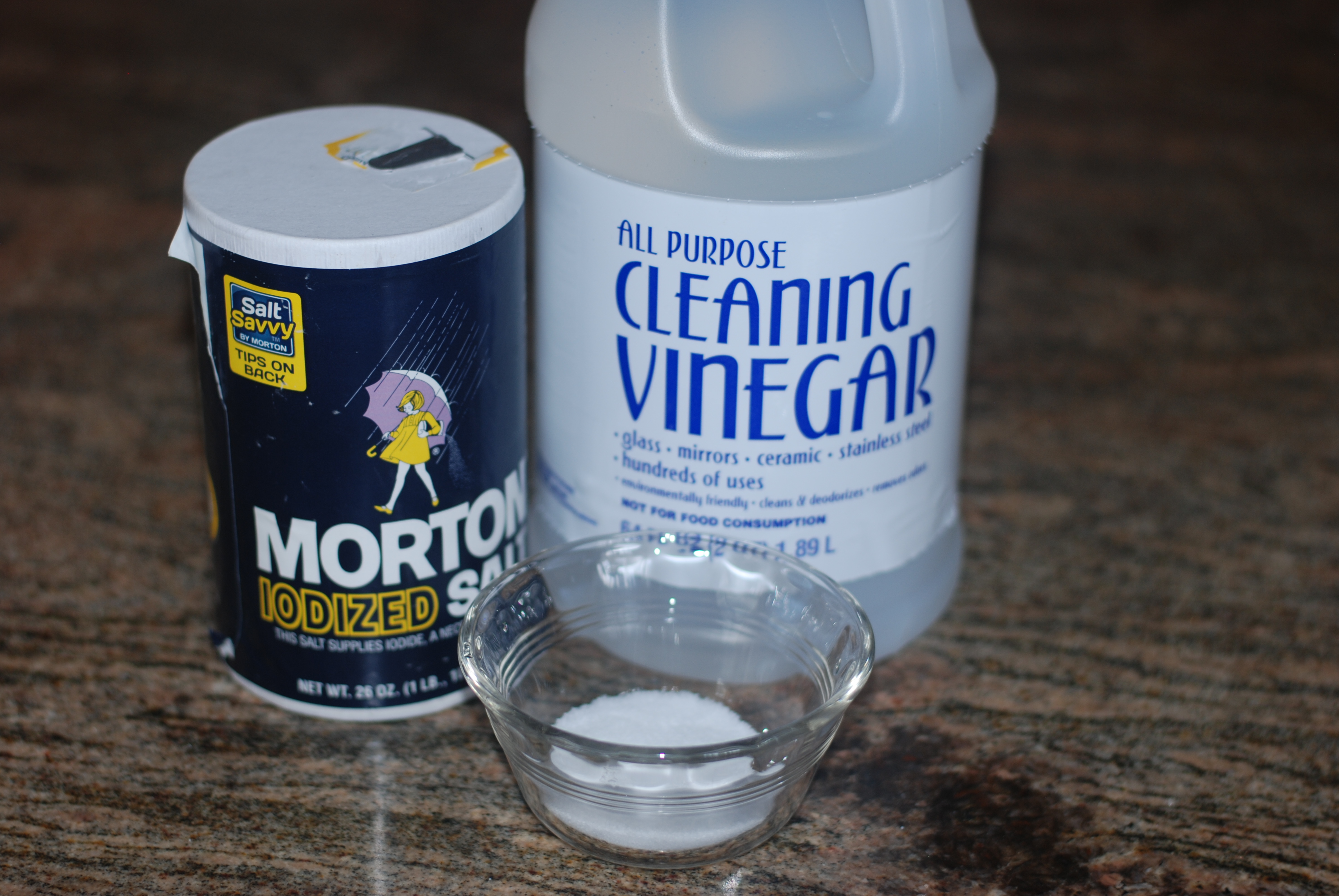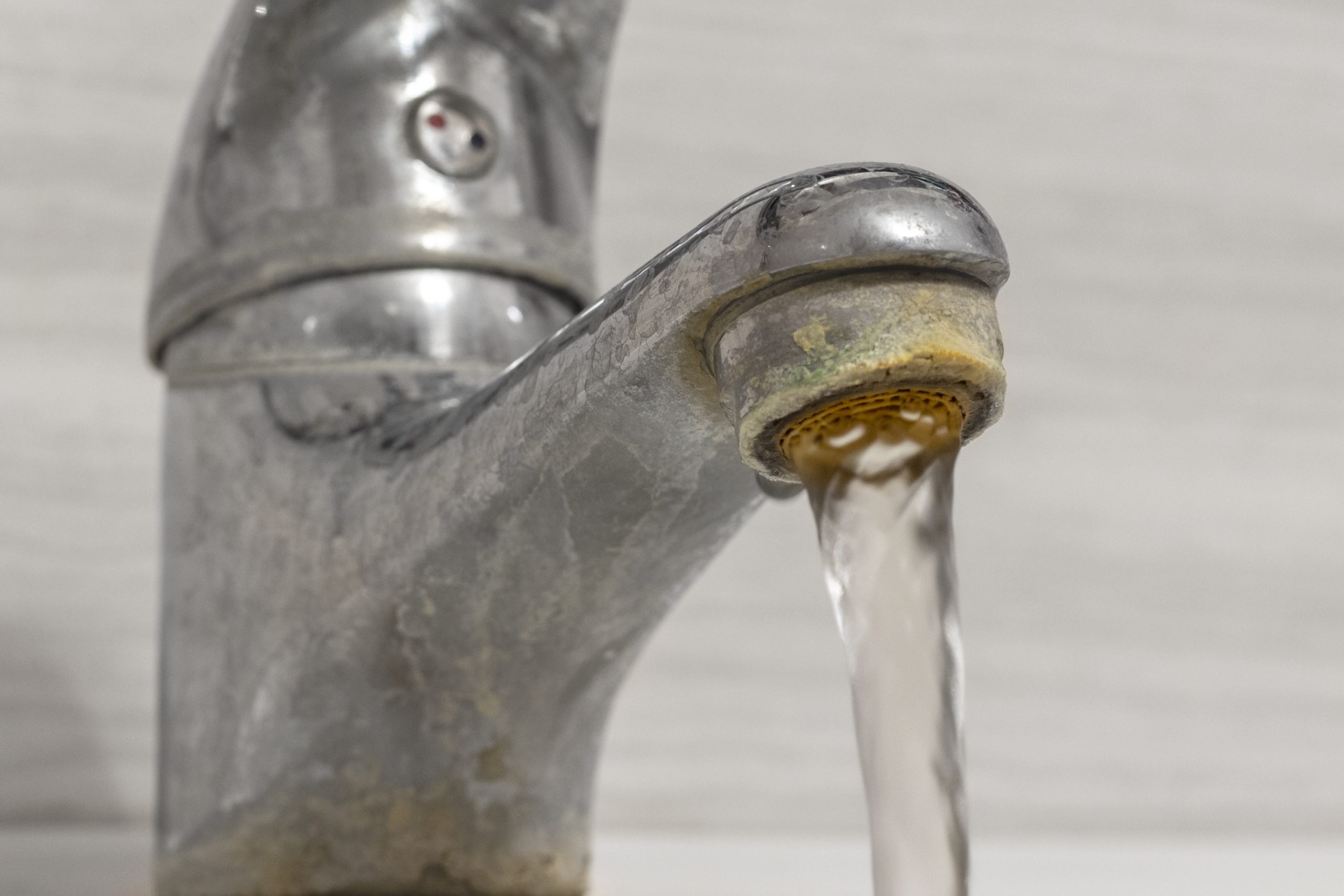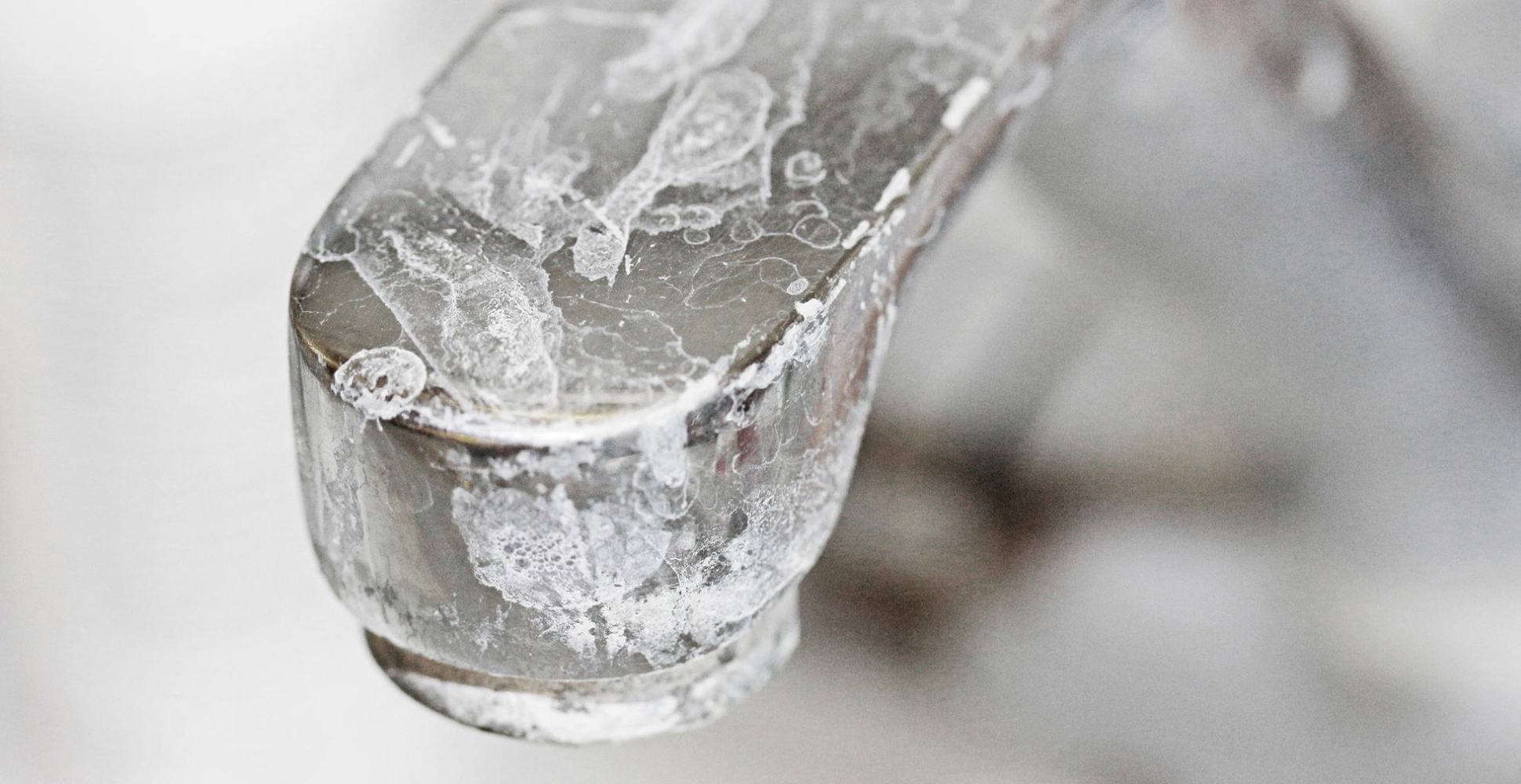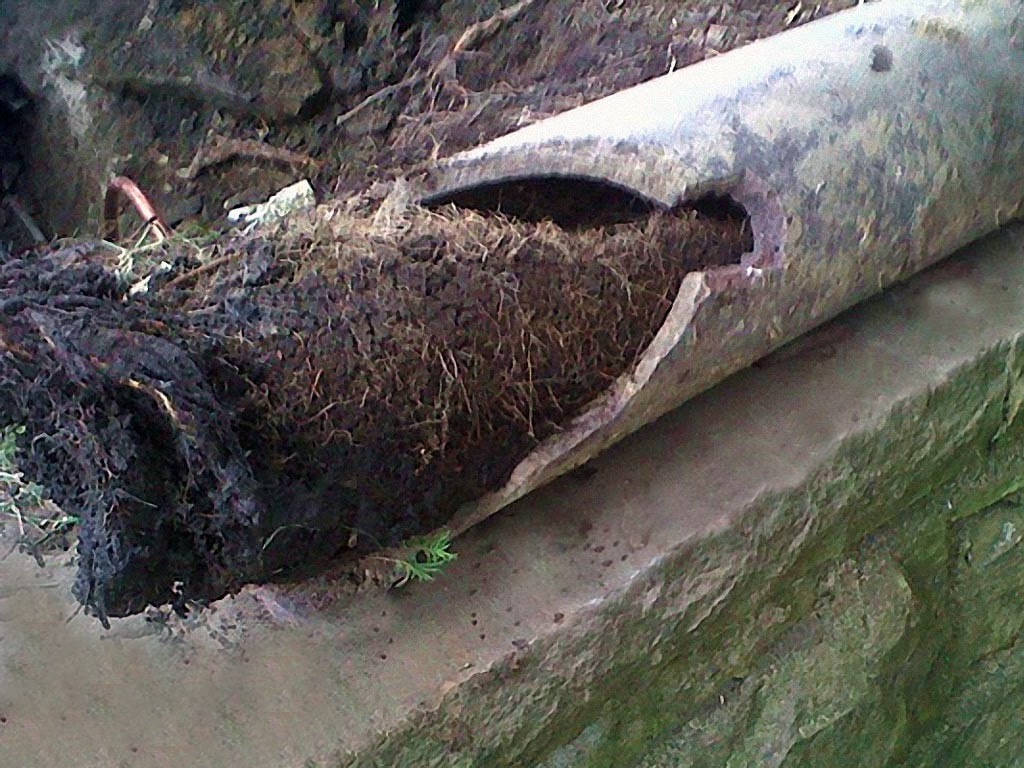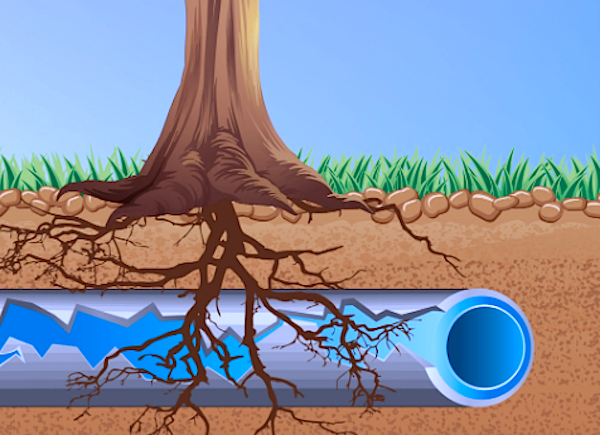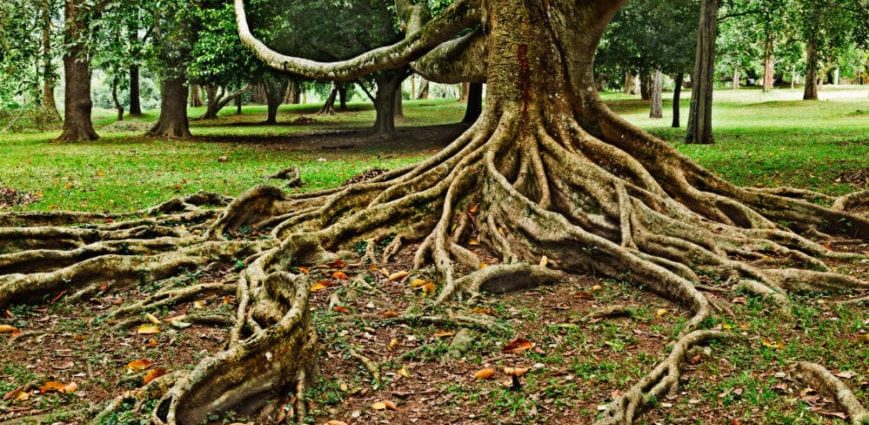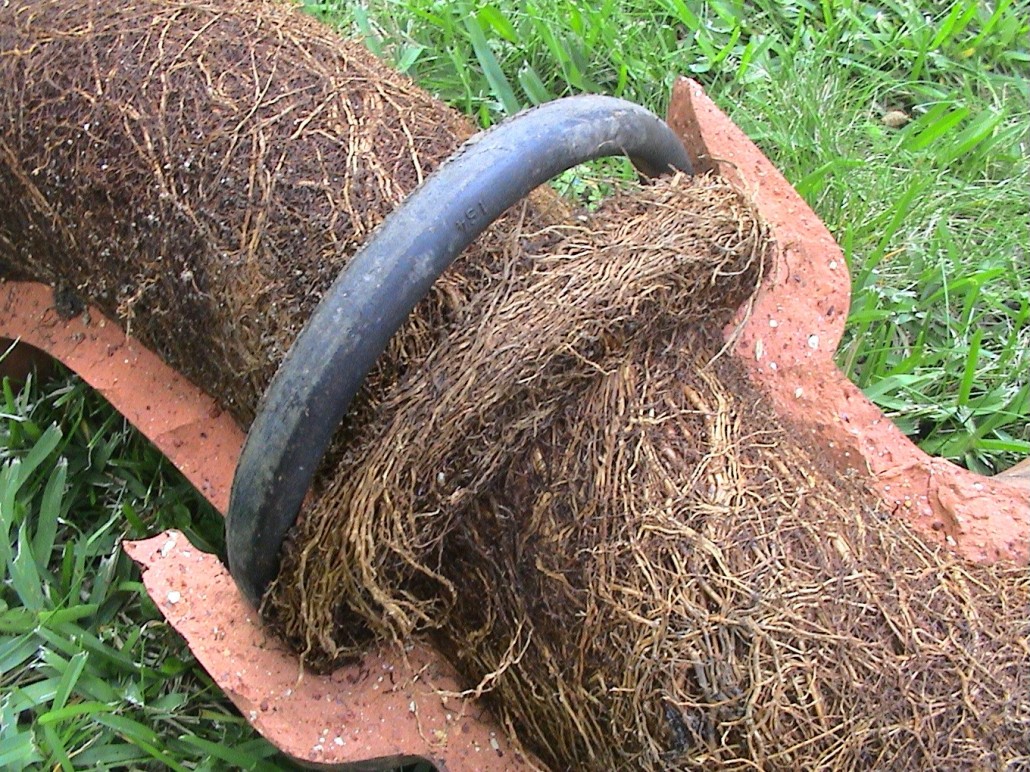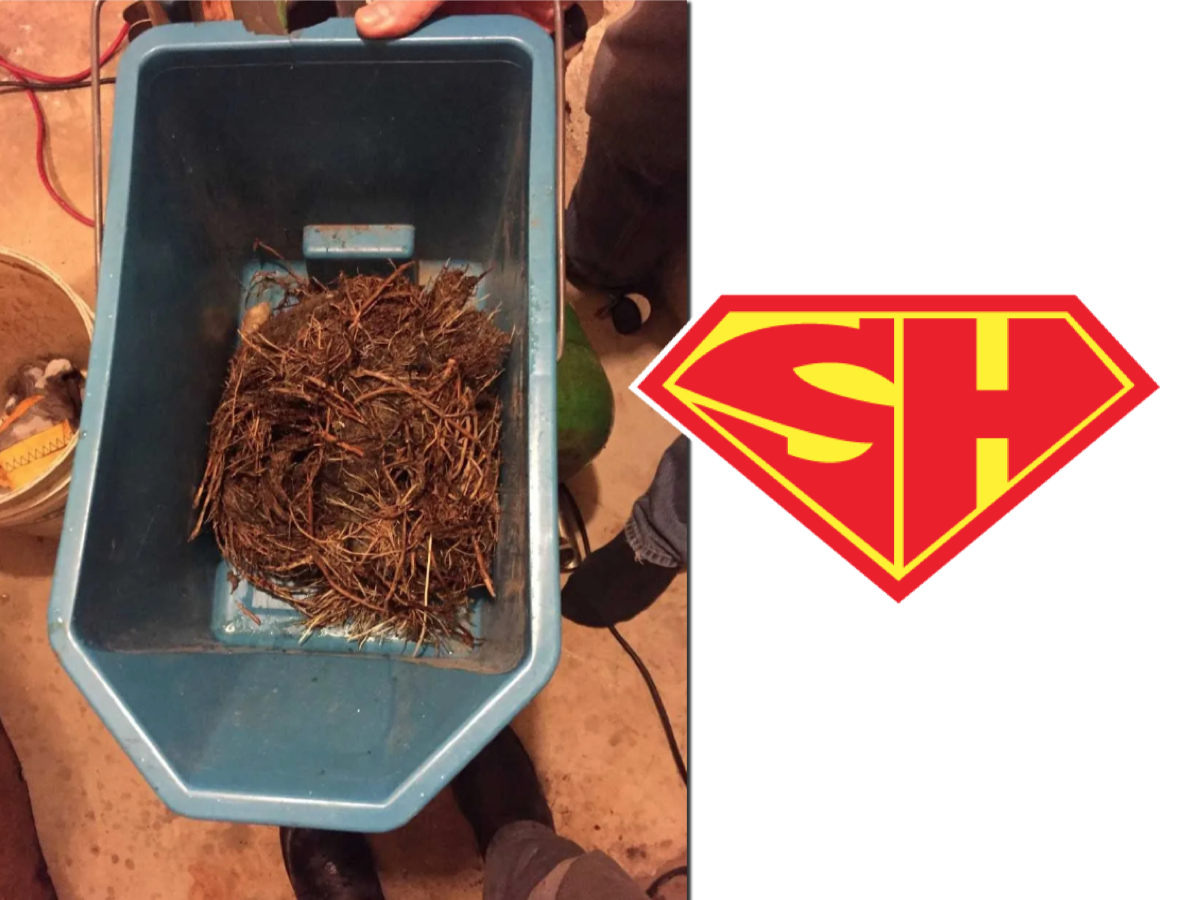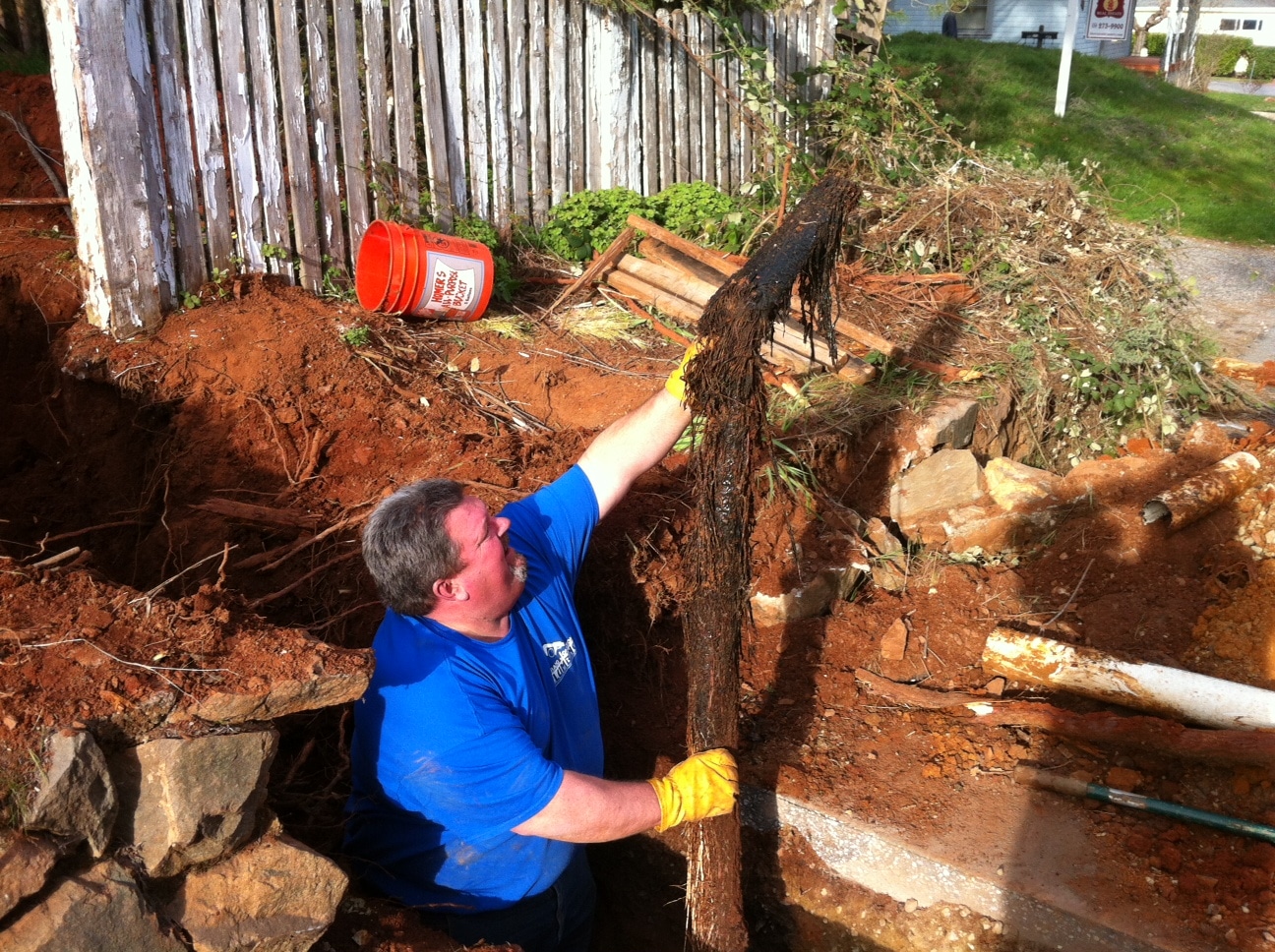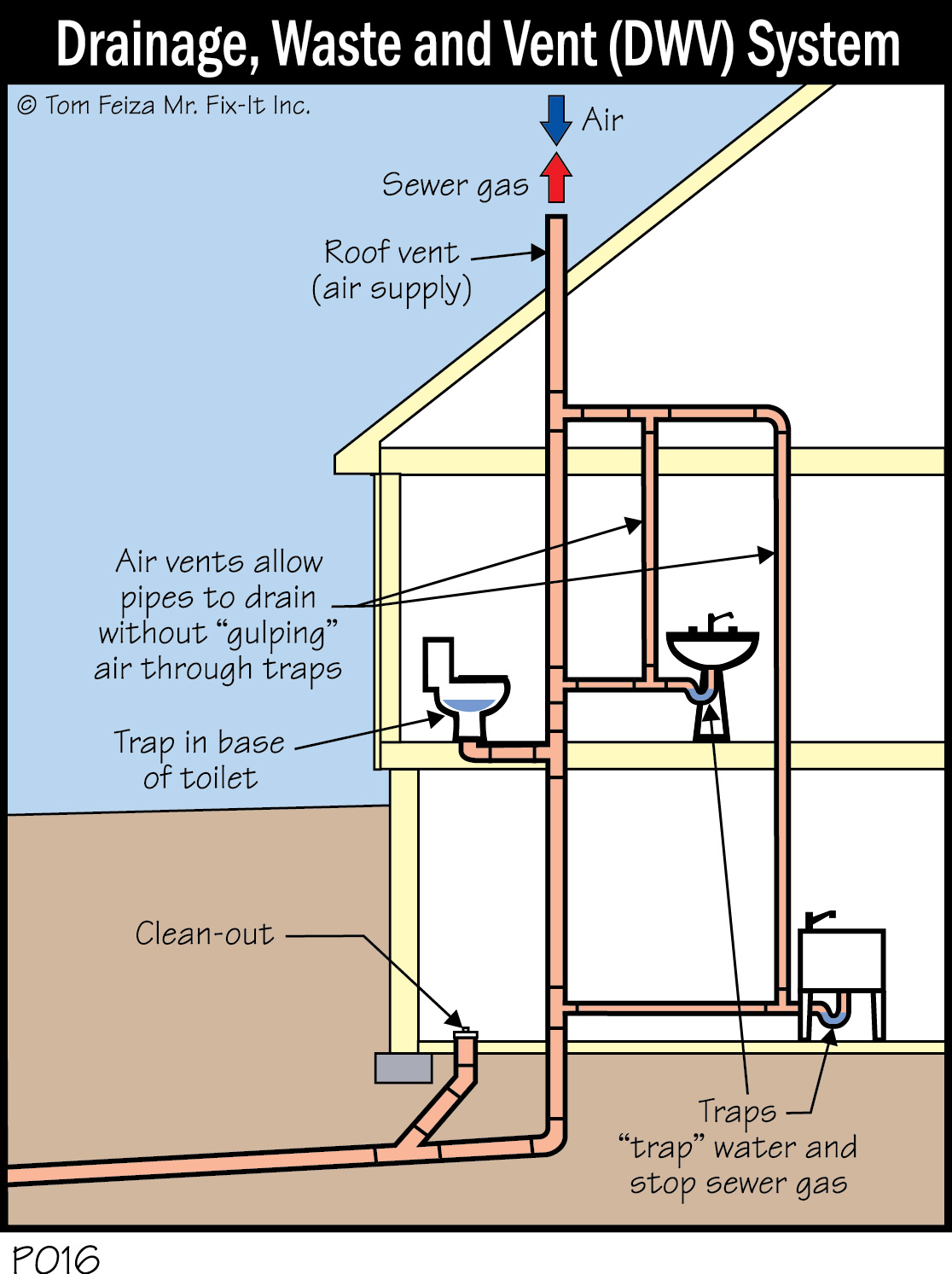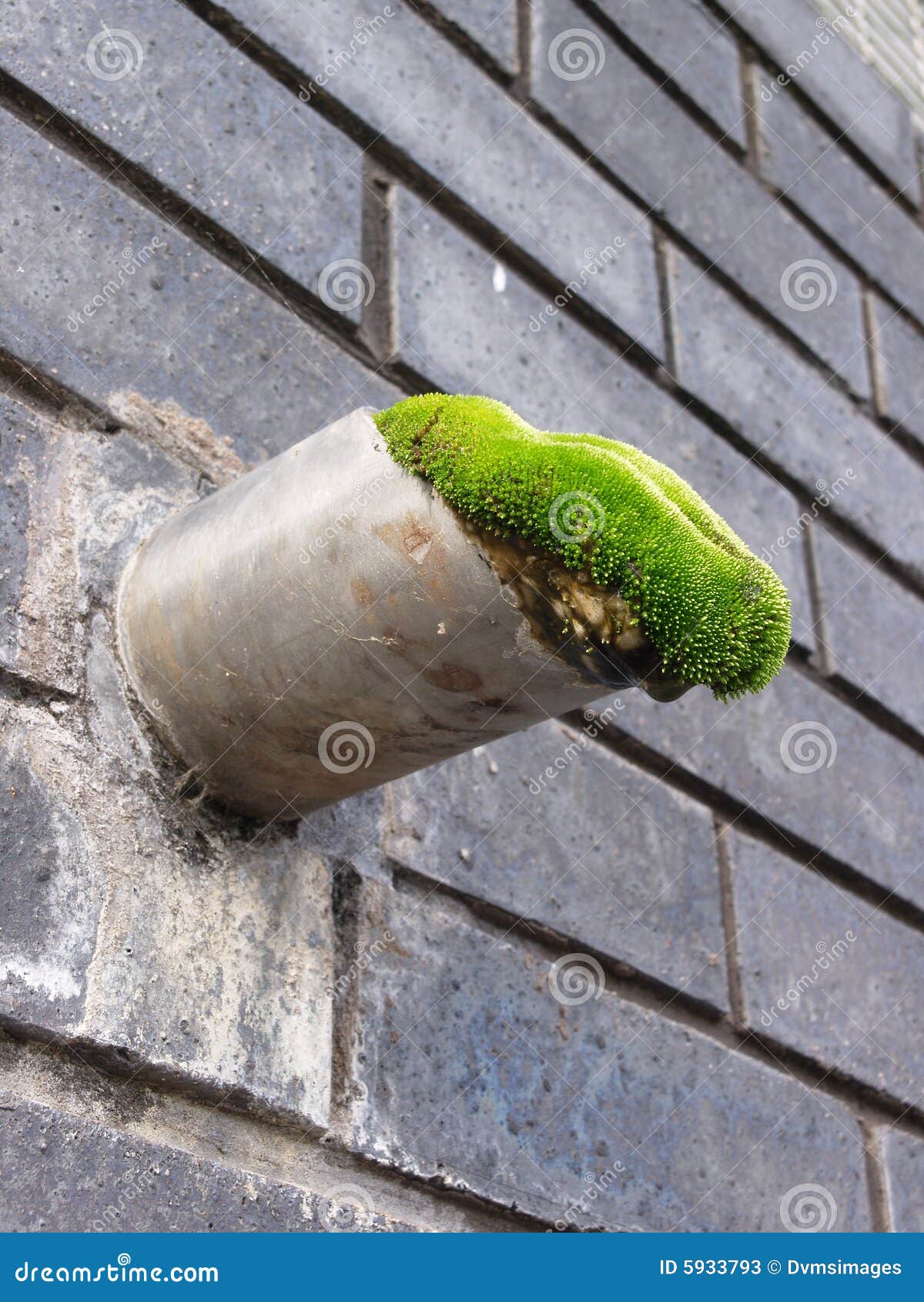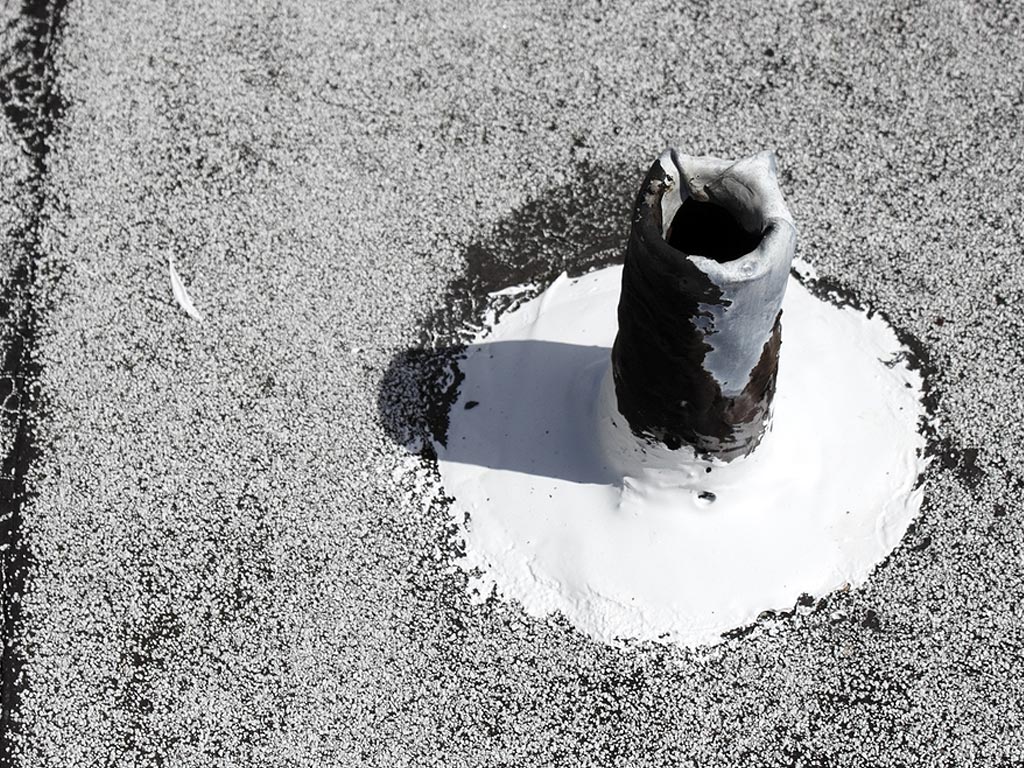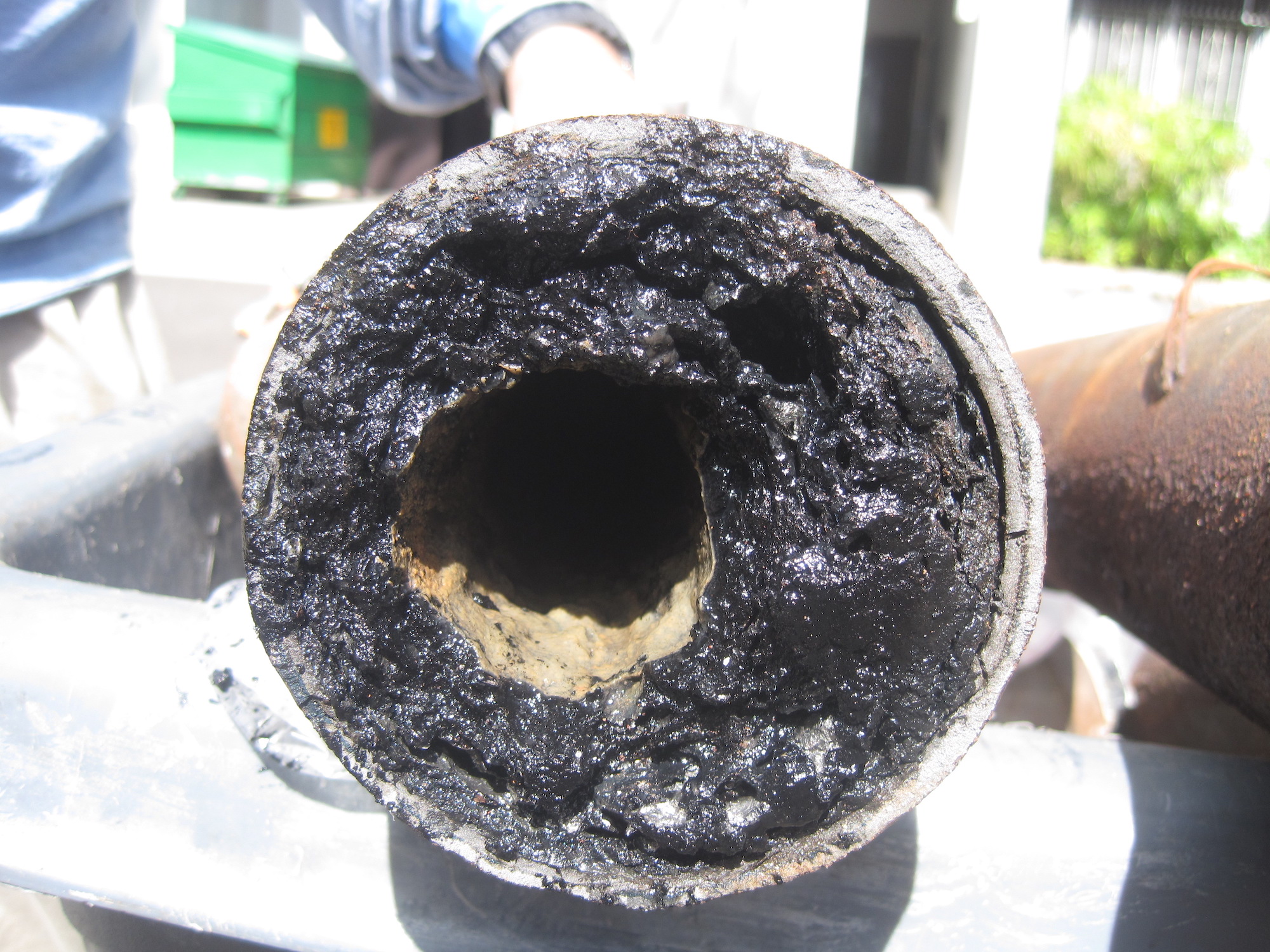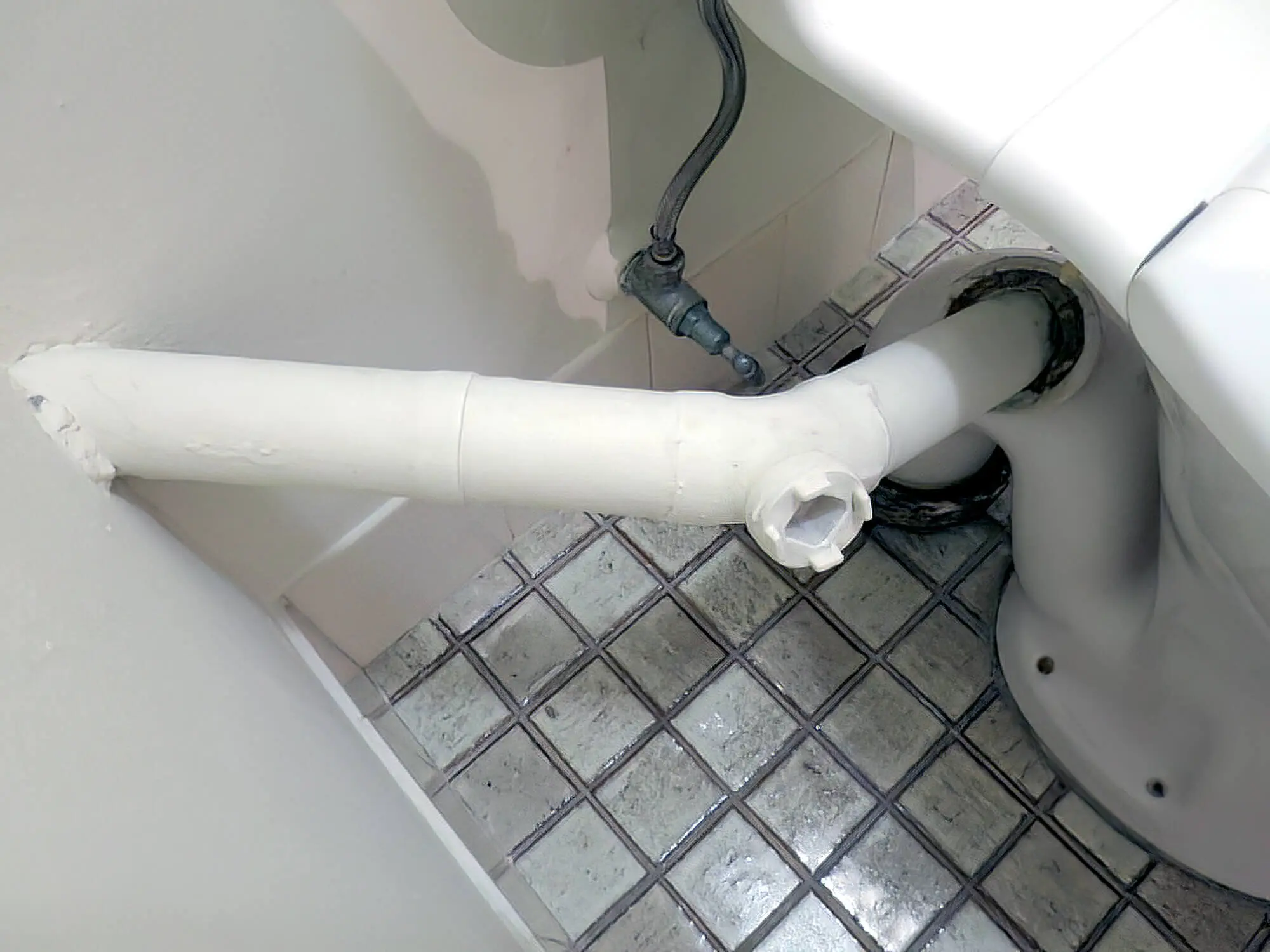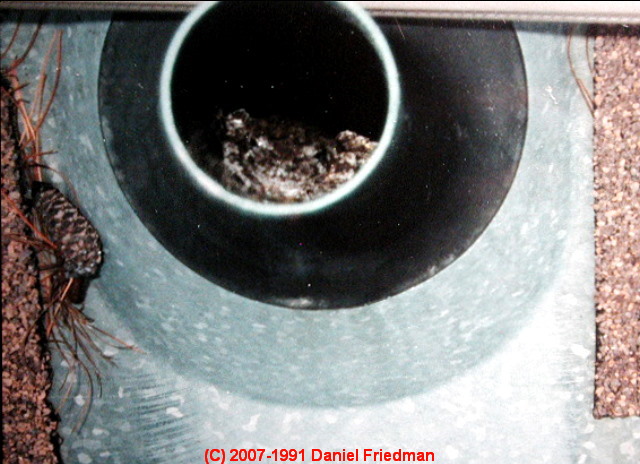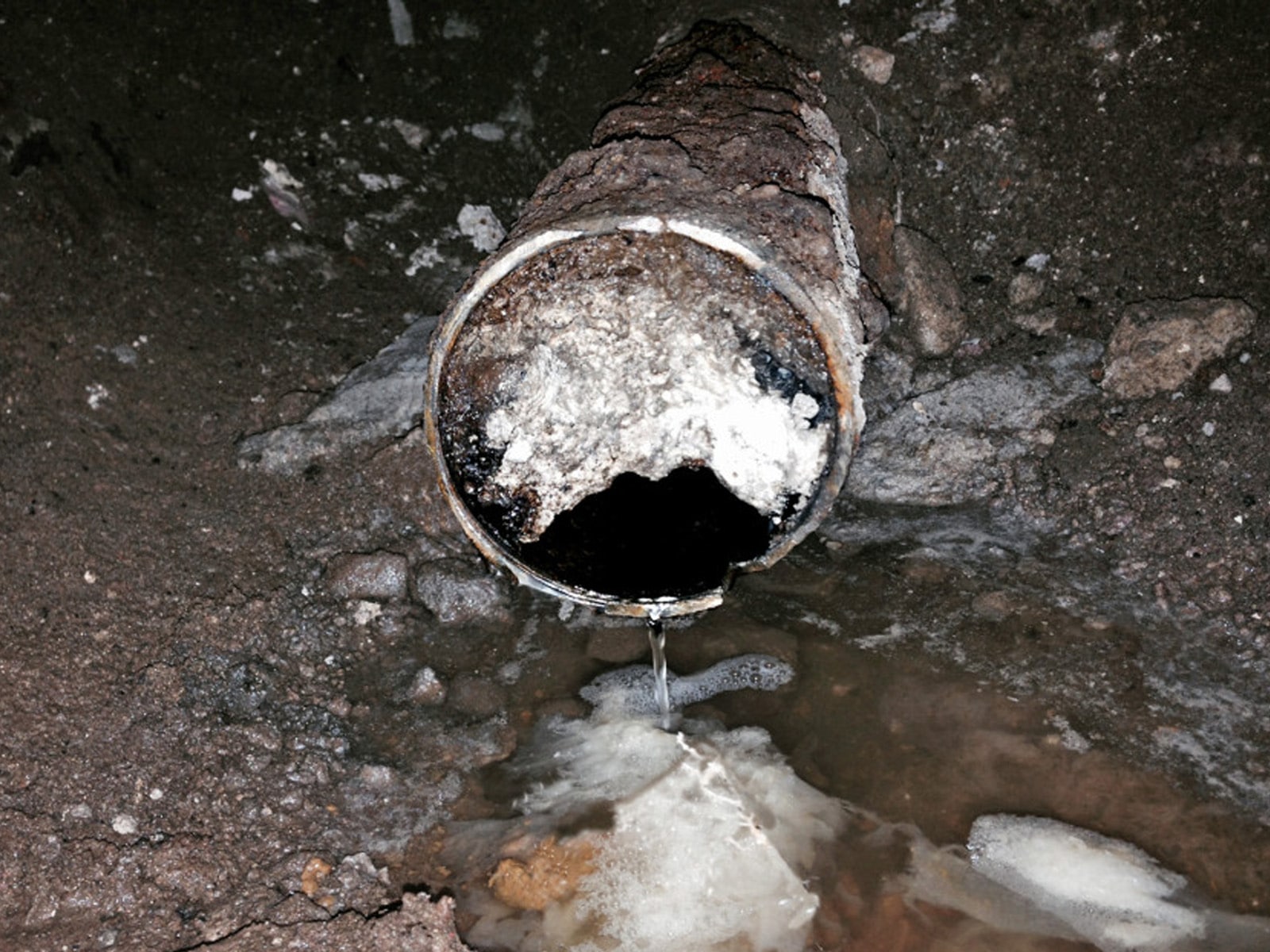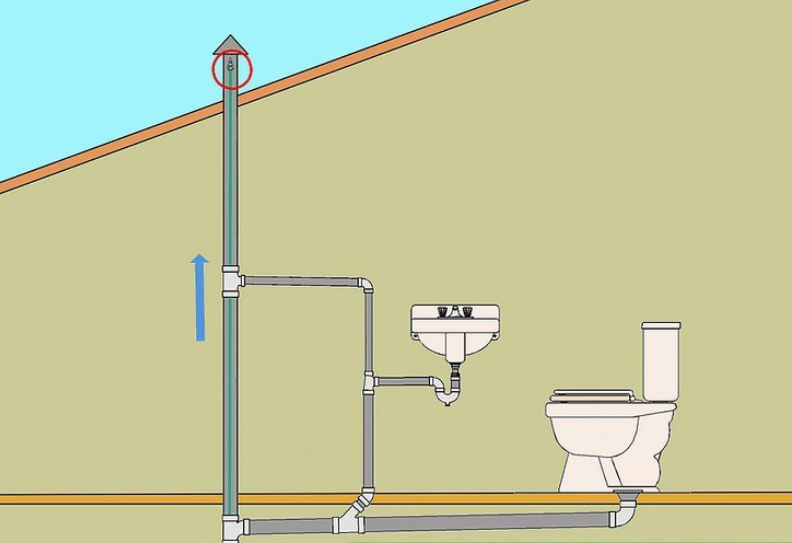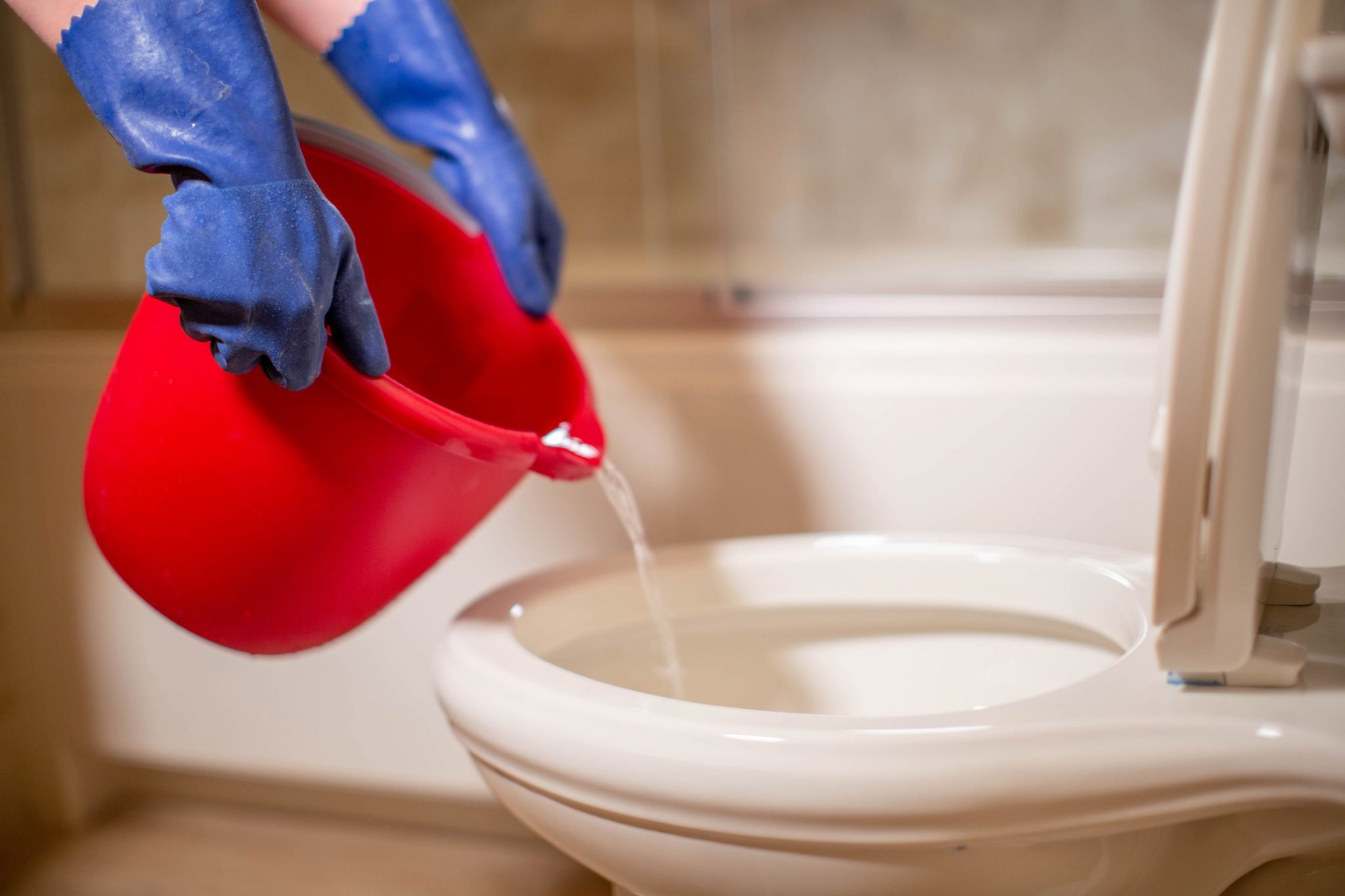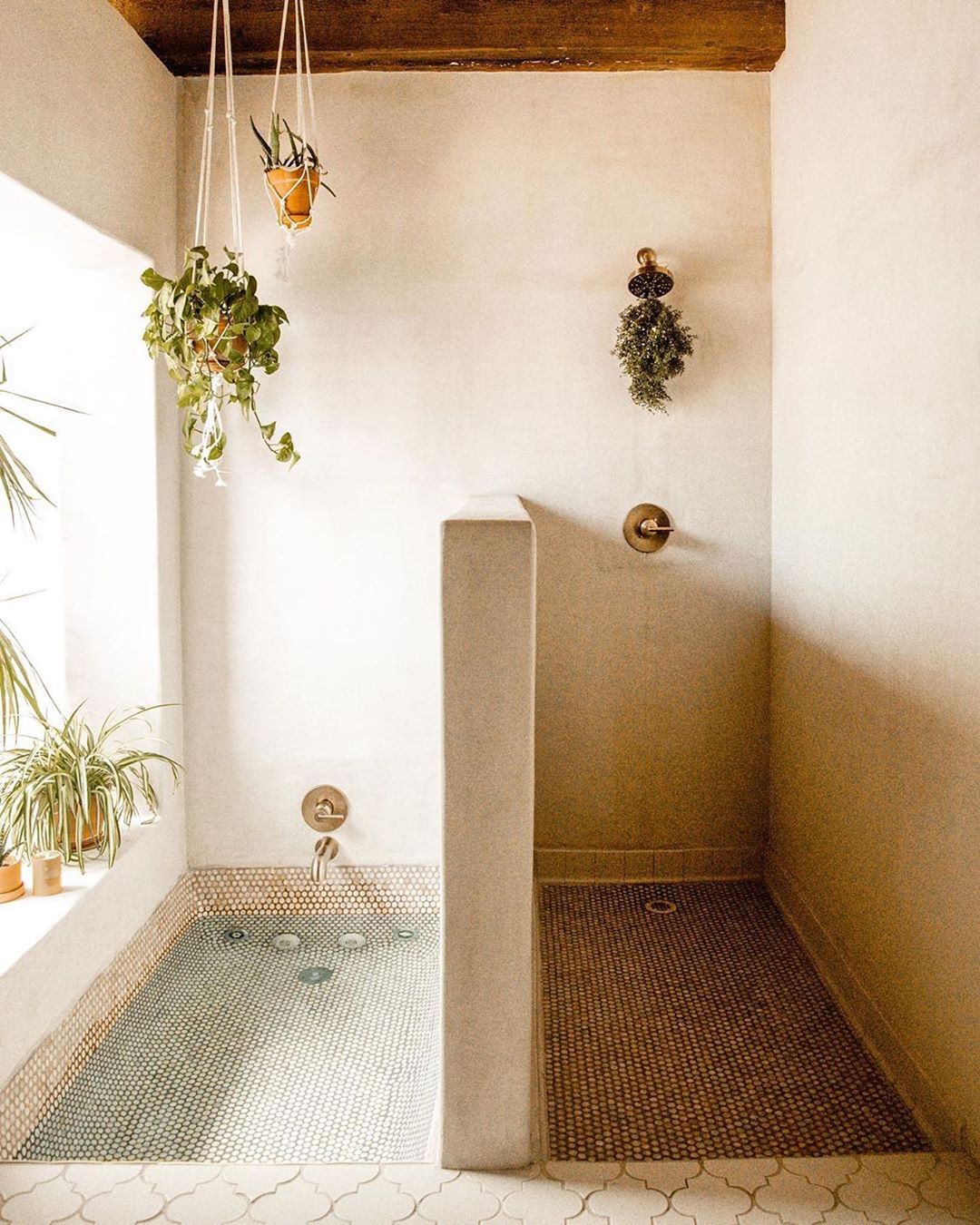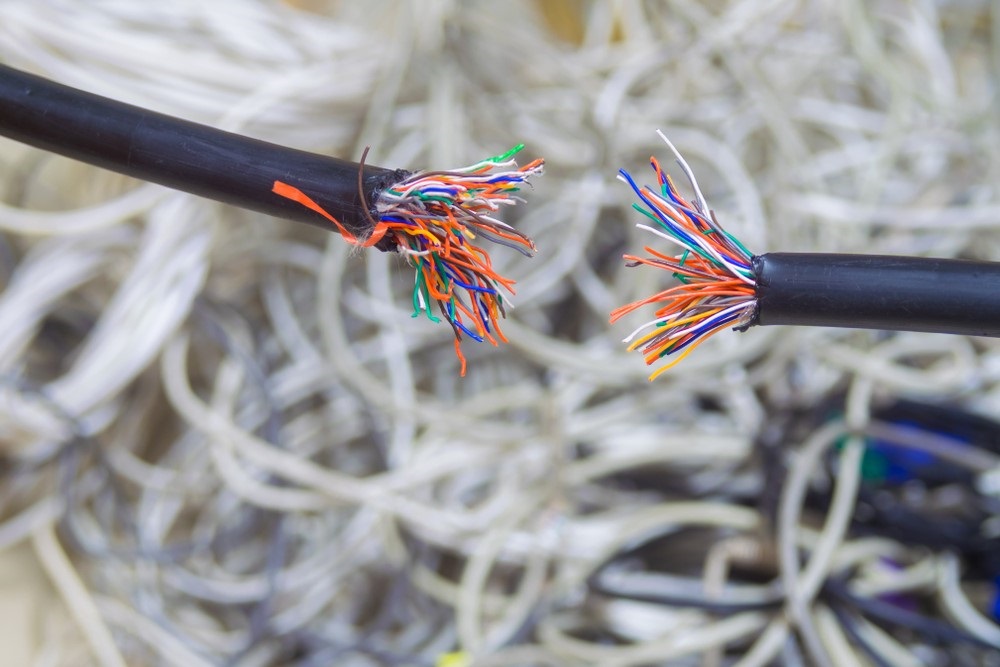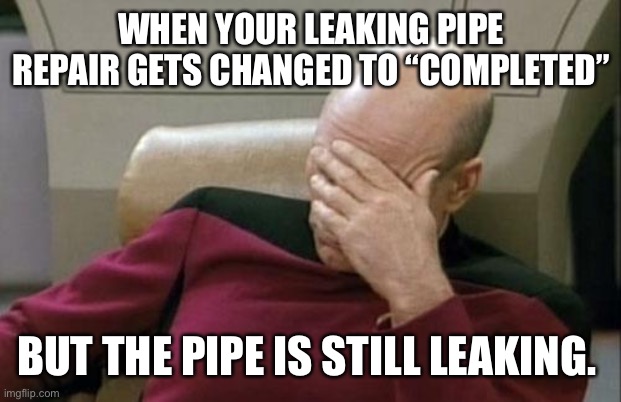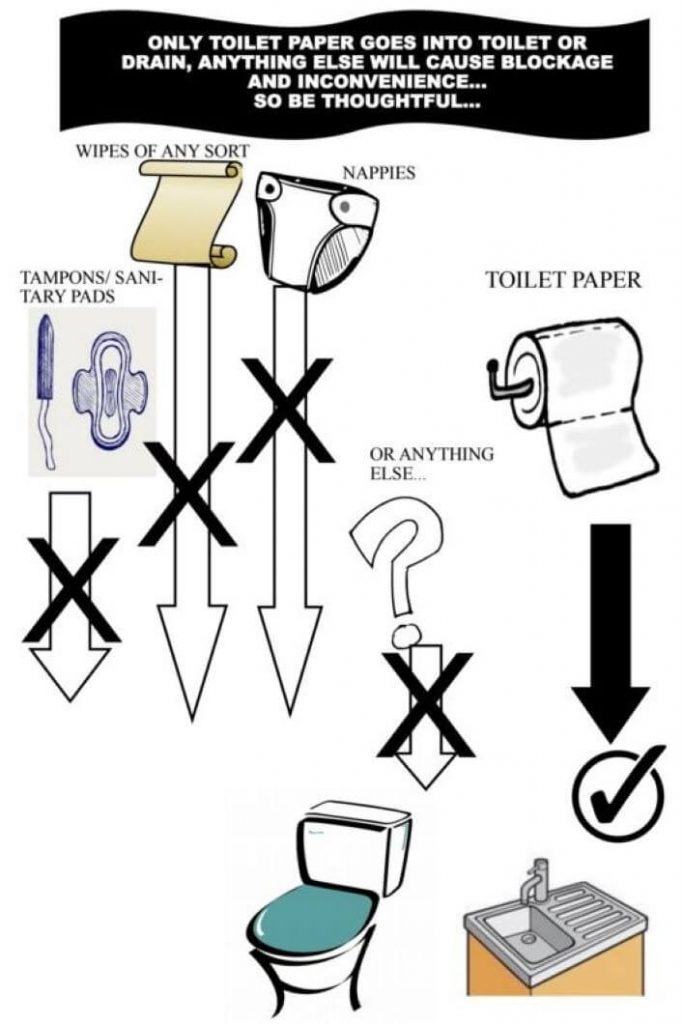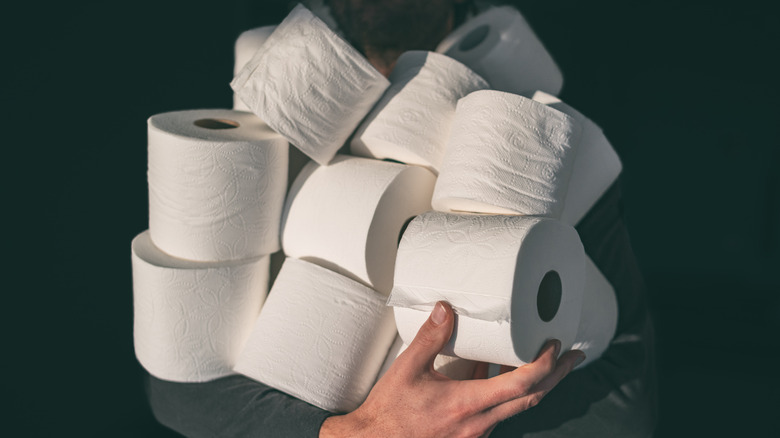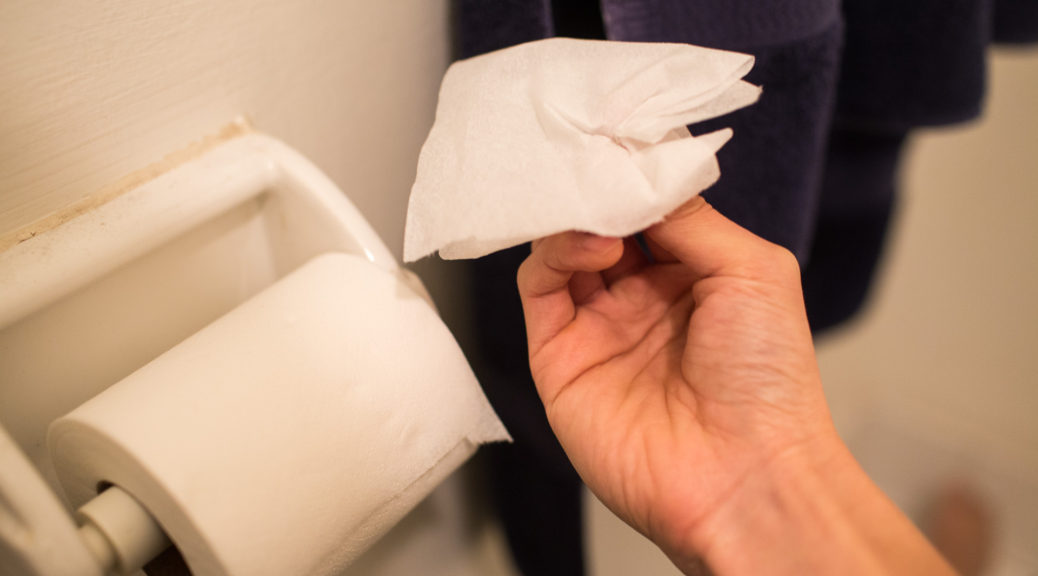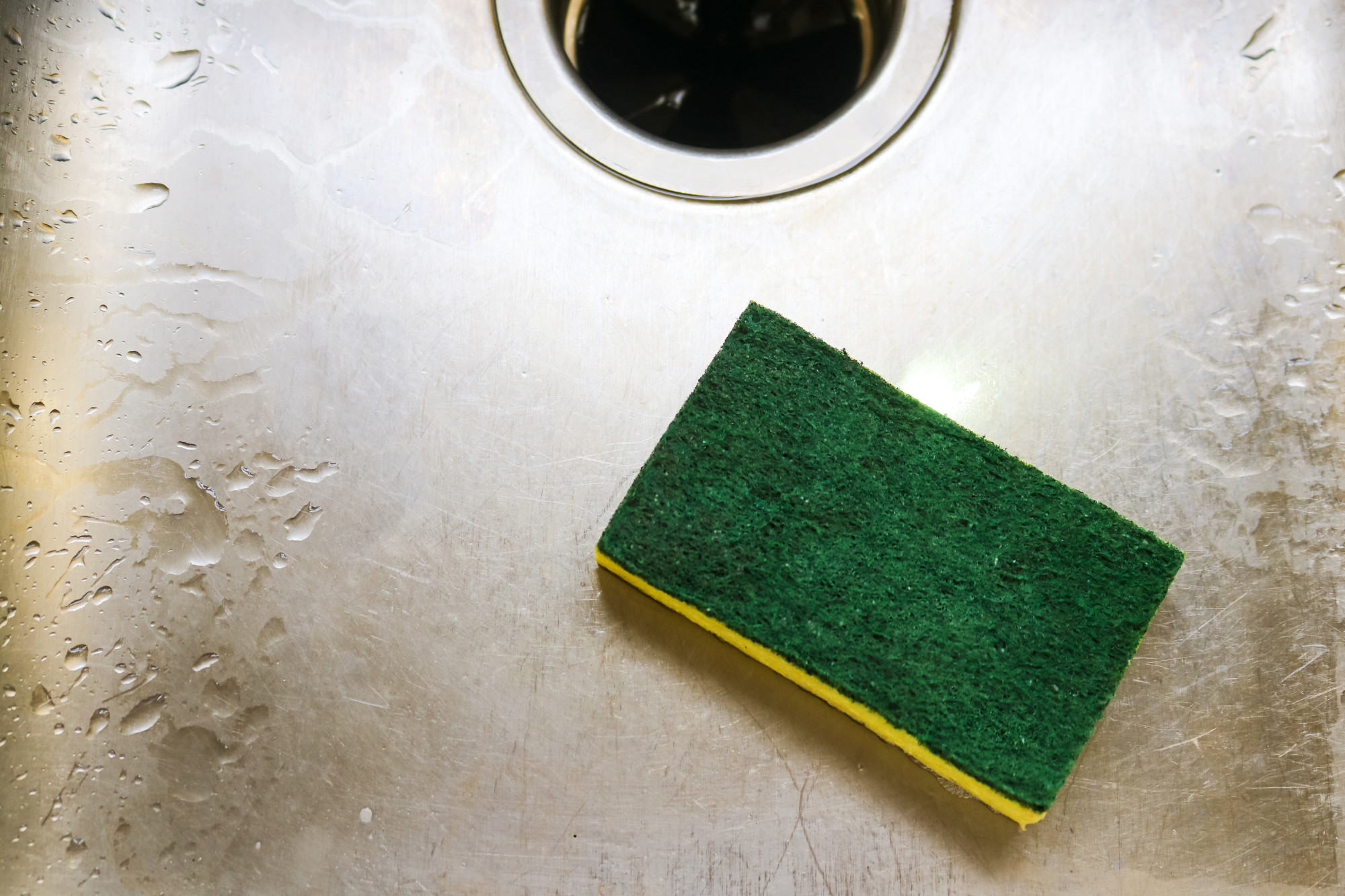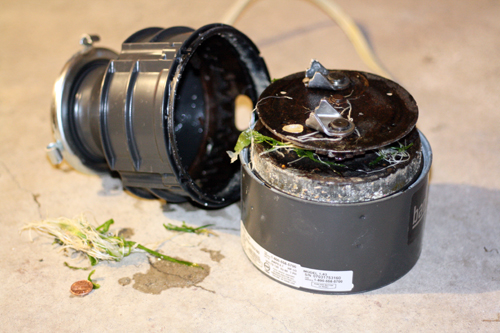One of the main causes of a clogged kitchen sink is the buildup of grease and food particles. When cooking, it is common to pour leftover grease and oil down the drain, but over time, this can accumulate and create a thick layer of buildup. This buildup can also occur from food scraps and debris that get washed down the sink while doing dishes. Over time, this buildup can solidify and cause blockages in your pipes, resulting in a clogged sink.Grease and Food Buildup
Another common cause of a clogged kitchen sink is foreign objects getting stuck in the pipes. This can happen when small objects such as utensils, bottle caps, or even children's toys accidentally fall into the sink and get washed down the drain. These objects can get lodged in the pipes and prevent water from flowing freely, leading to a clogged sink.Foreign Objects
If you live in an older home, your kitchen sink may be connected to old, outdated pipes. Over time, these pipes can become corroded and damaged, making it easier for debris and buildup to get caught and cause clogs. Old pipes may also have cracks or leaks, which can attract tree roots and cause blockages in the sewer line.Old Pipes
While garbage disposals can be convenient for getting rid of food scraps, they can also be a major cause of clogged kitchen sinks. Many people make the mistake of putting large or hard items, such as bones or fruit pits, down the disposal, which can damage the blades and cause clogs. It is important to only put small, soft items down the disposal and to always run plenty of water while using it.Improper Garbage Disposal Usage
Hard water, which contains high levels of minerals such as calcium and magnesium, can also contribute to clogged kitchen sinks. As water flows through your pipes, these minerals can build up and create a hard, crusty layer on the walls of your pipes. This build-up can restrict water flow and lead to clogs in your sink.Hard Water Deposits
In some cases, the cause of a clogged kitchen sink may not be in your home at all. Tree roots can grow into your sewer line, causing blockages and preventing water from flowing freely. This can happen if there are trees or shrubs planted near your sewer line, and their roots can break into the pipes looking for water and nutrients.Tree Roots in Sewer Line
Every plumbing system has a vent pipe that helps to equalize air pressure and remove sewer gases from your home. If this vent pipe becomes blocked or clogged, it can cause water to drain slowly or not at all, resulting in a clogged sink. This can happen if debris, bird nests, or even animal nests get stuck in the vent pipe.Blocked Vent Pipe
If your kitchen sink was not installed correctly, it can lead to frequent clogs. Poorly installed pipes can have incorrect angles, which can cause debris and buildup to get trapped and clog the sink. It is important to hire a professional plumber for proper installation to avoid future clogs and costly repairs.Faulty Plumbing Installation
Believe it or not, excessive toilet paper usage can also contribute to a clogged kitchen sink. If you have a garbage disposal connected to the same drain as your kitchen sink, flushing too much toilet paper down the toilet can cause it to get stuck in the pipes and create a blockage. It is important to use toilet paper sparingly and dispose of it properly to avoid clogs.Excessive Toilet Paper Usage
If your garbage disposal is not working properly, it can also cause clogs in your kitchen sink. A broken disposal may not be able to properly grind up food scraps, leading to larger pieces getting stuck in the pipes and causing blockages. If you notice your disposal is not working correctly, it is important to get it fixed or replaced as soon as possible to avoid future clogs.Broken Garbage Disposal
The Importance of Properly Maintaining Your Kitchen Sink

Preventing Clogs and Other Issues
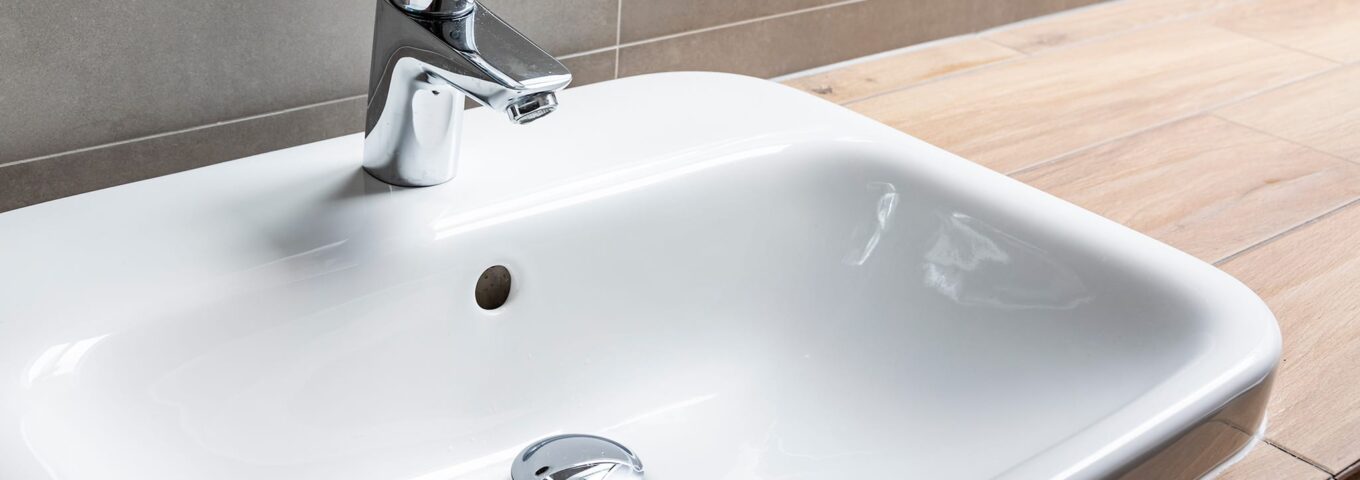 Properly maintaining your kitchen sink may seem like a mundane task, but it is essential for keeping your kitchen functioning smoothly. One of the most common issues that homeowners face with their kitchen sinks is clogging. And while it may seem like a minor inconvenience, clogged kitchen sinks can lead to much bigger problems if left unattended. Let's take a closer look at the main causes of clogged kitchen sinks and why it's important to address them.
Food Waste and Grease Buildup
One of the primary culprits behind clogged kitchen sinks is food waste and grease buildup. When we wash dishes or rinse food down the drain, small particles of food and grease can get stuck in the pipes. Over time, these particles can accumulate and create a blockage, causing water to drain slowly or not at all. This can also lead to unpleasant odors emanating from the sink, making it a less than ideal environment for food preparation.
Improper Disposal of Non-Food Items
Many people are guilty of using their kitchen sink as a catch-all for various items, from paper towels to coffee grounds. However, these non-food items can cause serious issues when washed down the drain. Paper towels and other fibrous materials can easily get caught in the pipes and create a blockage. Coffee grounds, on the other hand, can clump together and stick to the inside of the pipes, causing clogs. It's important to dispose of these items properly and not use your kitchen sink as a garbage disposal.
Old and Faulty Pipes
Another common cause of clogged kitchen sinks is old and faulty pipes. Over time, pipes can wear down and even develop cracks, allowing debris to get stuck and cause blockages. Additionally, if your home has hard water, mineral deposits can build up on the inside of pipes, further contributing to clogs. It's important to have your pipes inspected regularly and replace them if necessary to prevent clogs and other plumbing issues.
Why Proper Maintenance is Essential
By now, it should be clear that properly maintaining your kitchen sink is crucial for preventing clogs and other issues. Not only can clogs be a hassle to deal with, but they can also cause damage to your pipes and lead to costly repairs. Regularly cleaning your sink and being mindful of what goes down the drain can go a long way in preventing clogs. Additionally, scheduling regular inspections and addressing any issues promptly can help keep your kitchen sink in top condition.
In conclusion, clogged kitchen sinks are a common problem that can lead to bigger issues if not addressed properly. By being mindful of what goes down the drain and regularly maintaining your sink, you can prevent clogs and keep your kitchen functioning smoothly. Don't overlook the importance of proper maintenance when it comes to your kitchen sink – a little effort can go a long way in avoiding potential headaches and expenses.
Properly maintaining your kitchen sink may seem like a mundane task, but it is essential for keeping your kitchen functioning smoothly. One of the most common issues that homeowners face with their kitchen sinks is clogging. And while it may seem like a minor inconvenience, clogged kitchen sinks can lead to much bigger problems if left unattended. Let's take a closer look at the main causes of clogged kitchen sinks and why it's important to address them.
Food Waste and Grease Buildup
One of the primary culprits behind clogged kitchen sinks is food waste and grease buildup. When we wash dishes or rinse food down the drain, small particles of food and grease can get stuck in the pipes. Over time, these particles can accumulate and create a blockage, causing water to drain slowly or not at all. This can also lead to unpleasant odors emanating from the sink, making it a less than ideal environment for food preparation.
Improper Disposal of Non-Food Items
Many people are guilty of using their kitchen sink as a catch-all for various items, from paper towels to coffee grounds. However, these non-food items can cause serious issues when washed down the drain. Paper towels and other fibrous materials can easily get caught in the pipes and create a blockage. Coffee grounds, on the other hand, can clump together and stick to the inside of the pipes, causing clogs. It's important to dispose of these items properly and not use your kitchen sink as a garbage disposal.
Old and Faulty Pipes
Another common cause of clogged kitchen sinks is old and faulty pipes. Over time, pipes can wear down and even develop cracks, allowing debris to get stuck and cause blockages. Additionally, if your home has hard water, mineral deposits can build up on the inside of pipes, further contributing to clogs. It's important to have your pipes inspected regularly and replace them if necessary to prevent clogs and other plumbing issues.
Why Proper Maintenance is Essential
By now, it should be clear that properly maintaining your kitchen sink is crucial for preventing clogs and other issues. Not only can clogs be a hassle to deal with, but they can also cause damage to your pipes and lead to costly repairs. Regularly cleaning your sink and being mindful of what goes down the drain can go a long way in preventing clogs. Additionally, scheduling regular inspections and addressing any issues promptly can help keep your kitchen sink in top condition.
In conclusion, clogged kitchen sinks are a common problem that can lead to bigger issues if not addressed properly. By being mindful of what goes down the drain and regularly maintaining your sink, you can prevent clogs and keep your kitchen functioning smoothly. Don't overlook the importance of proper maintenance when it comes to your kitchen sink – a little effort can go a long way in avoiding potential headaches and expenses.








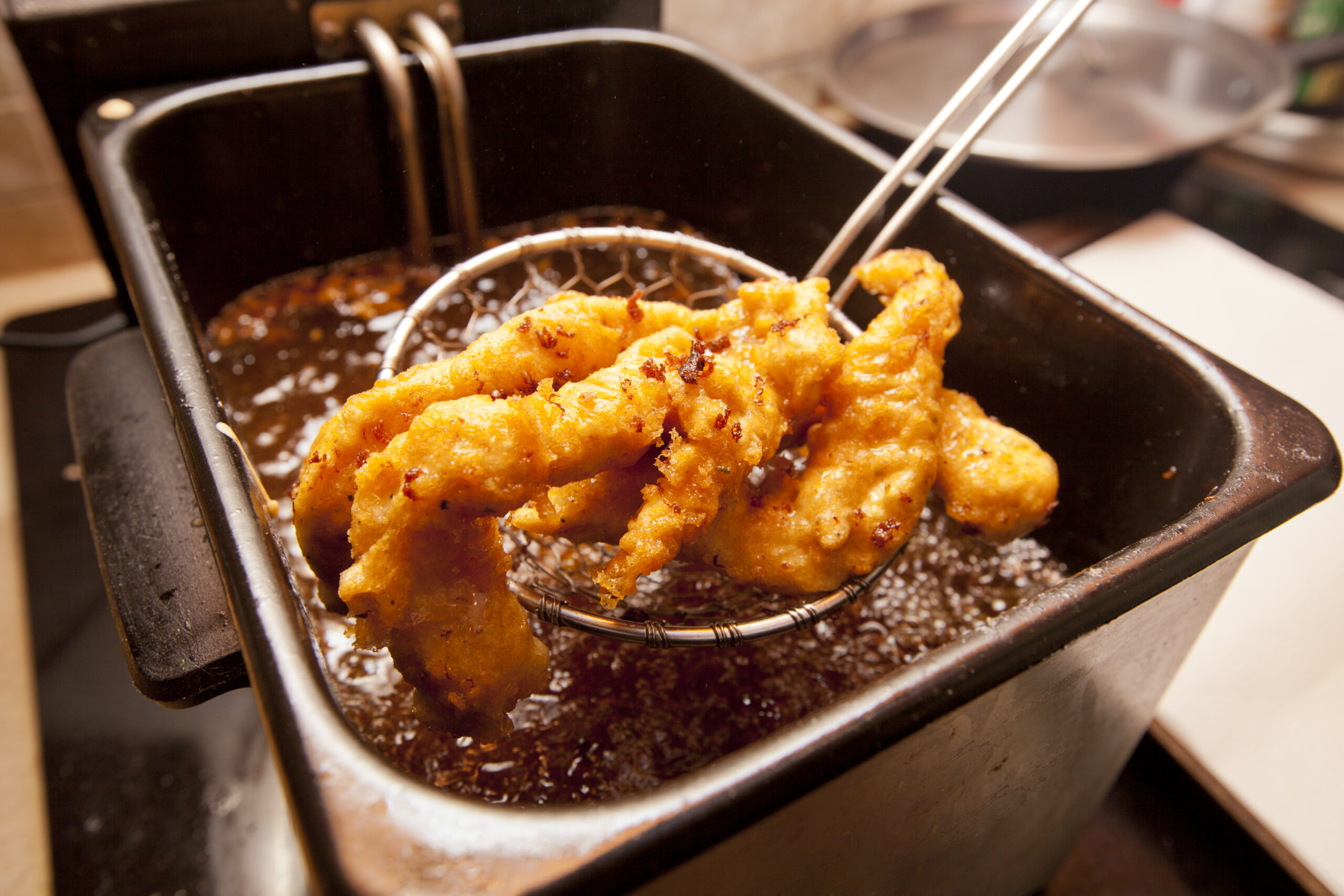

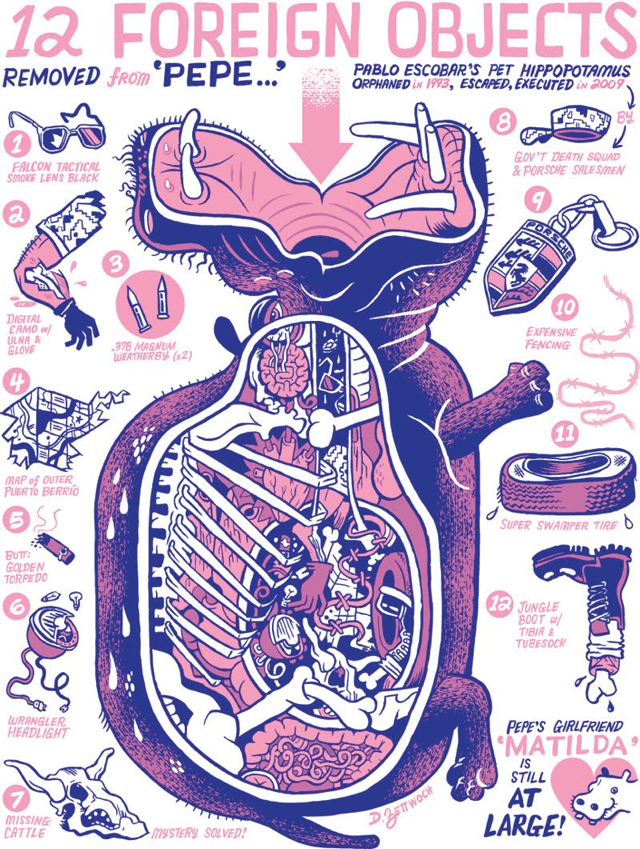





.jpg)
.jpg)










